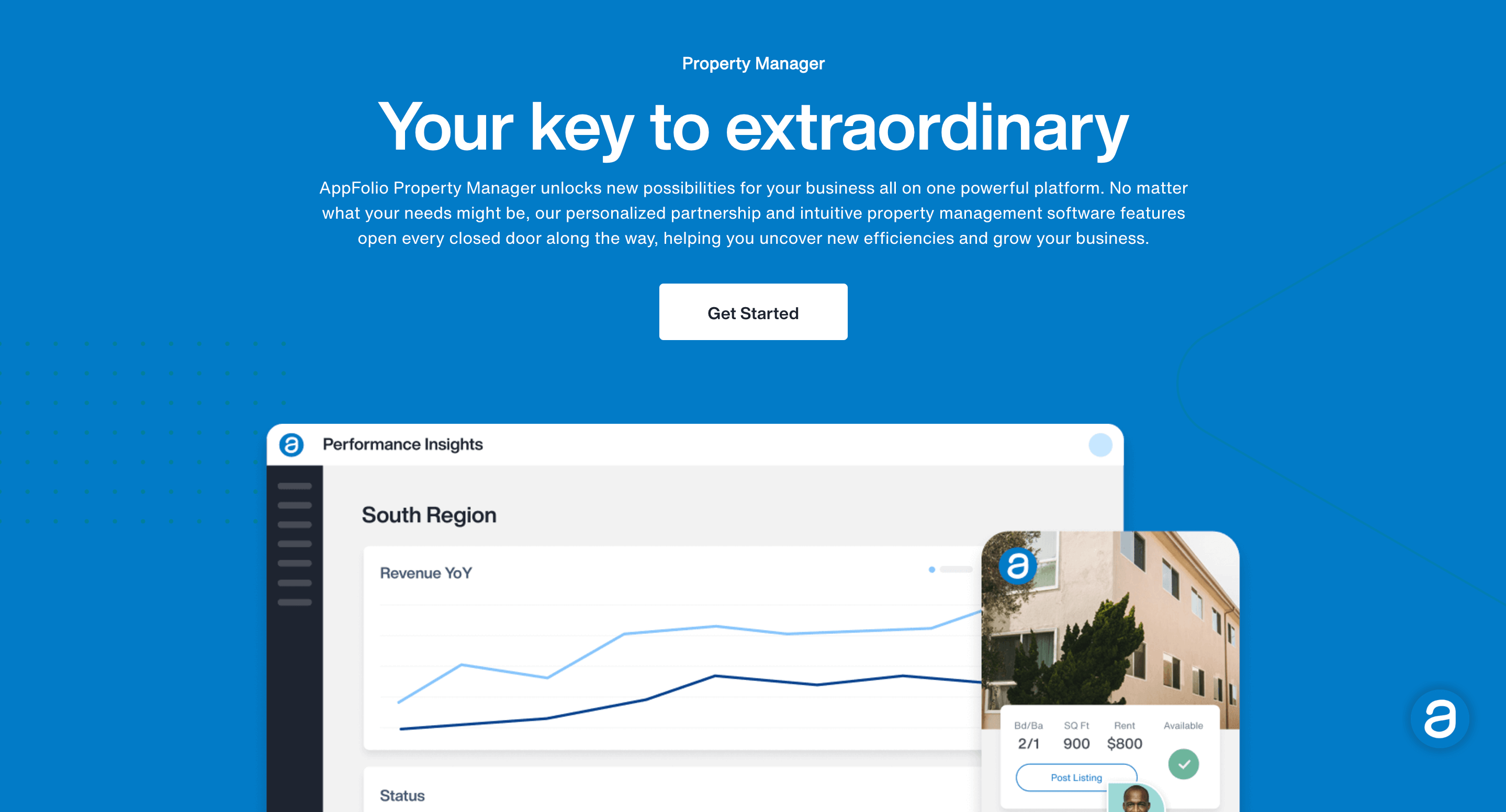In today’s fast-paced, technology-driven world, the property management industry has evolved to embrace virtual solutions that enhance efficiency and streamline operations. One such role that has gained prominence is the Virtual Maintenance Coordinator. This innovative position plays a crucial role in ensuring that properties are well-maintained, tenants are satisfied, and property owners have peace of mind. In this blog post, we’ll explore the essential functions and benefits of a Virtual Maintenance Coordinator.
1. Prompt Response to Maintenance Requests
A Virtual Maintenance Coordinator acts as the first point of contact for tenants reporting maintenance issues. Through digital platforms, they swiftly receive and document requests, assess their urgency, and prioritize repairs. This ensures that maintenance requests are addressed promptly, preventing minor issues from escalating into costly problems.
2. Coordination with Service Providers
Virtual Maintenance Coordinators maintain a network of trusted service providers, including plumbers, electricians, contractors, and repairmen. They efficiently schedule and oversee maintenance and repair work, ensuring that the right professionals are dispatched to resolve issues. Coordinators also negotiate pricing and ensure service quality.
3. Cost Control
Virtual Maintenance Coordinators play a significant role in cost control. They help property owners and managers make informed decisions regarding maintenance and repairs. By identifying efficient solutions and avoiding unnecessary expenditures, they help maximize the property’s ROI.
4. Tenant Communication
Effective communication is key to tenant satisfaction. Virtual Maintenance Coordinators keep tenants informed about repair schedules, expected arrival times of service providers, and follow-up procedures. This transparent communication fosters trust and positive tenant relationships.
5. Preventative Maintenance
A Virtual Maintenance Coordinator doesn’t just react to issues but also proactively addresses maintenance needs. They schedule routine inspections, coordinate seasonal maintenance, and ensure properties are well-maintained to prevent future problems.
6. Documentation and Record-Keeping
Accurate record-keeping is vital in property management. Virtual Maintenance Coordinators maintain detailed records of maintenance requests, repair histories, and expenses. This documentation aids in budgeting, compliance, and ensuring a history of property maintenance for property owners.
7. Time and Cost Efficiency
By outsourcing maintenance coordination to a virtual professional, property management firms save time and reduce operational costs. Virtual Maintenance Coordinators often work remotely, eliminating the need for office space, equipment, and in-house staff.
Conclusion
Within the realm of property management, the presence of a Virtual Maintenance Coordinator, offered by OPTIMAL, stands as an invaluable asset. This role transcends mere efficiency enhancement; it plays a pivotal role in safeguarding tenant contentment, exerting prudent cost control, and ensuring the holistic welfare of properties under management. The specialized skills and expertise that a Virtual Maintenance Coordinator from OPTIMAL brings to the table can prove instrumental for property owners and managers in achieving their objectives.
As the ever-evolving landscape of property management continues to be shaped by advancing technology, the role of the Virtual Maintenance Coordinator, facilitated by OPTIMAL, is poised to take on an even more central role.






